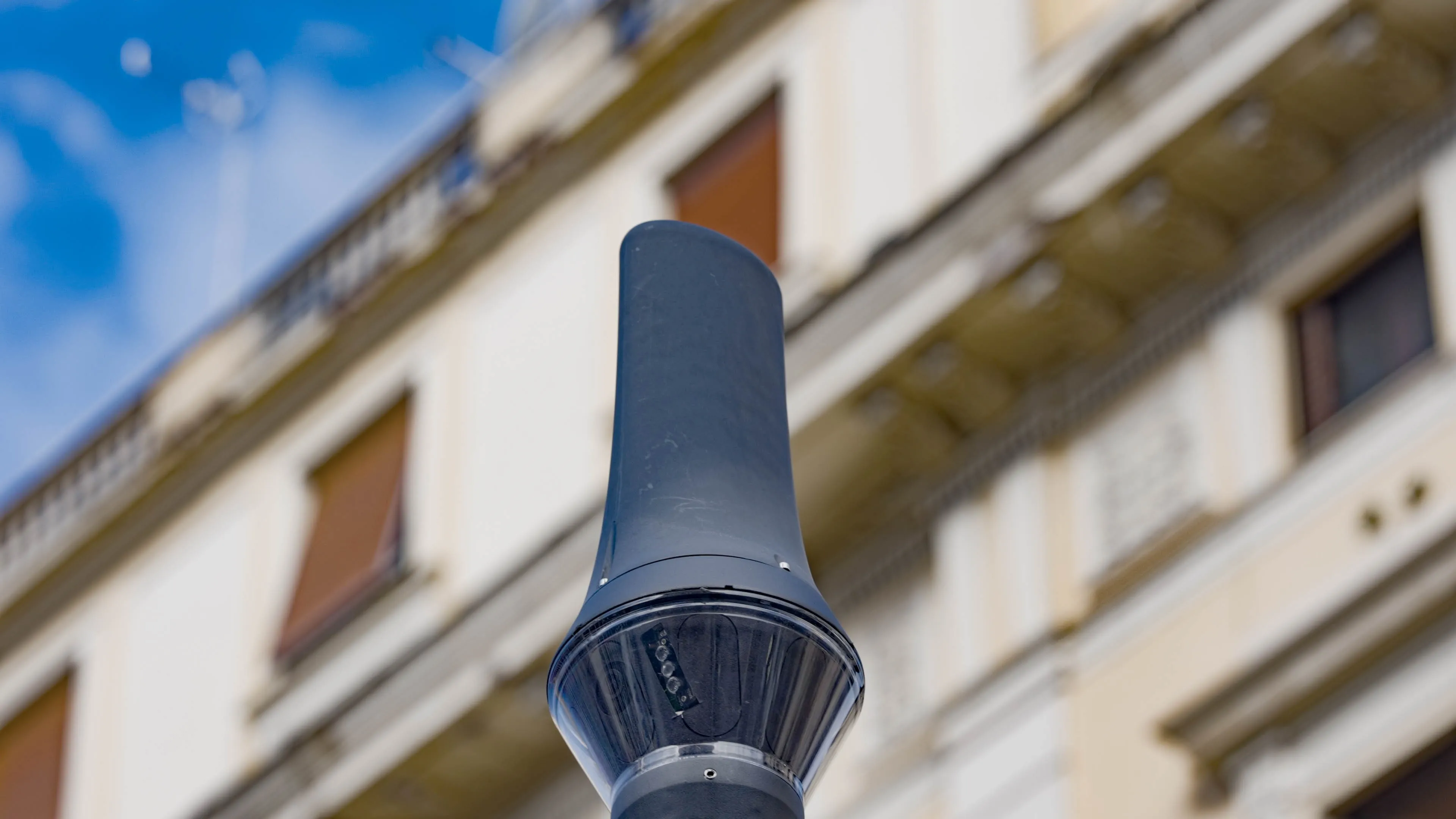The Audi factory in Ingolstadt, Germany has deployed a smart parking system developed by Spanish company Urbiotica in a bid to optimise parking and reduce congestion in its 5,000-space car employee car park.
The system utilises 22 U-Flow wireless parking sensors installed at the car park entrances and exits. These detect vehicles entering and leaving each parking sector and display occupancy data on information panels in real time, guiding drivers to free spaces and reducing congestion.
December 5, 2016
Read time: 1 min
The 2125 Audi factory in Ingolstadt, Germany has deployed a smart parking system developed by Spanish company 8323 Urbiotica in a bid to optimise parking and reduce congestion in its 5,000-space car employee car park.
The system utilises 22 U-Flow wireless parking sensors installed at the car park entrances and exits. These detect vehicles entering and leaving each parking sector and display occupancy data on information panels in real time, guiding drivers to free spaces and reducing congestion.
The system utilises 22 U-Flow wireless parking sensors installed at the car park entrances and exits. These detect vehicles entering and leaving each parking sector and display occupancy data on information panels in real time, guiding drivers to free spaces and reducing congestion.










